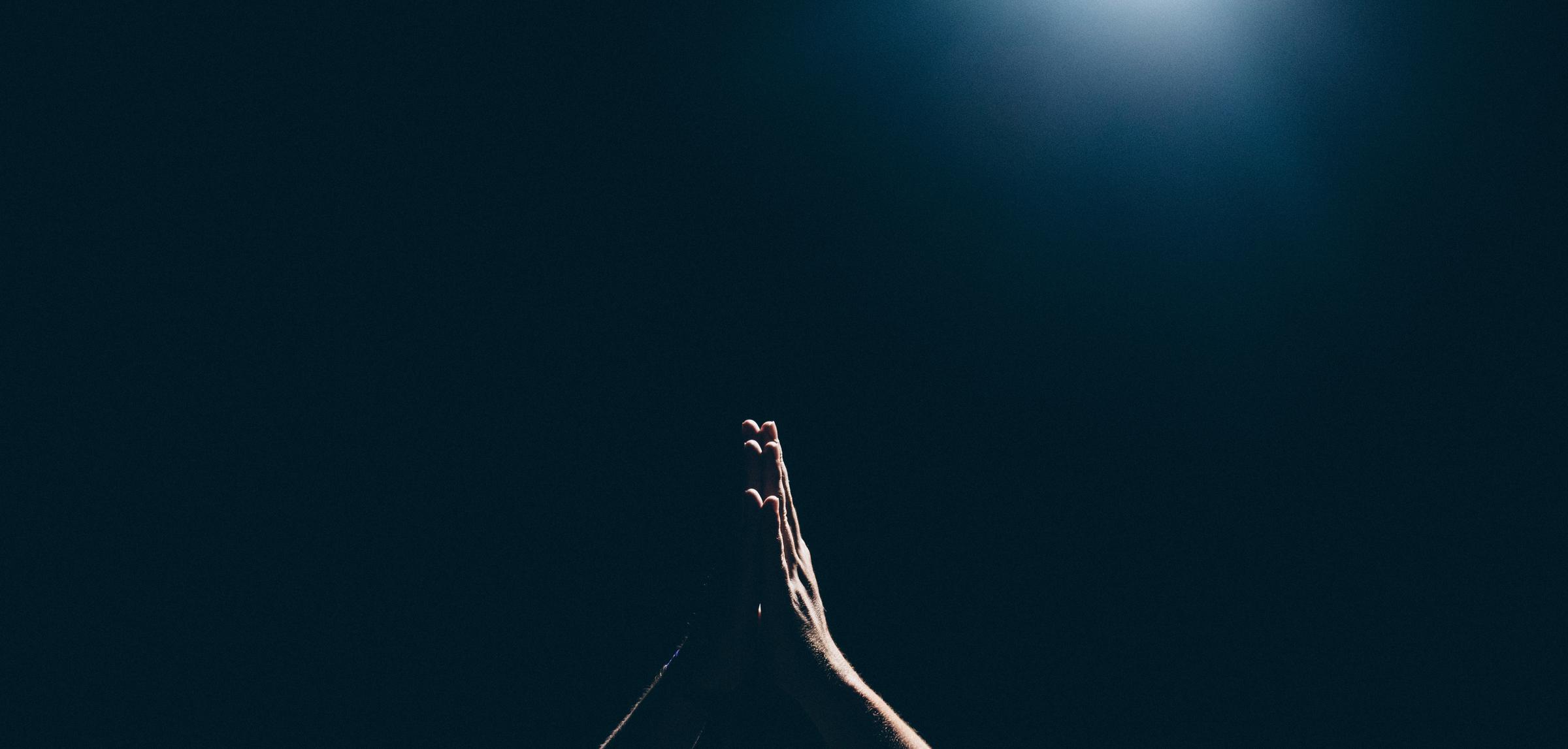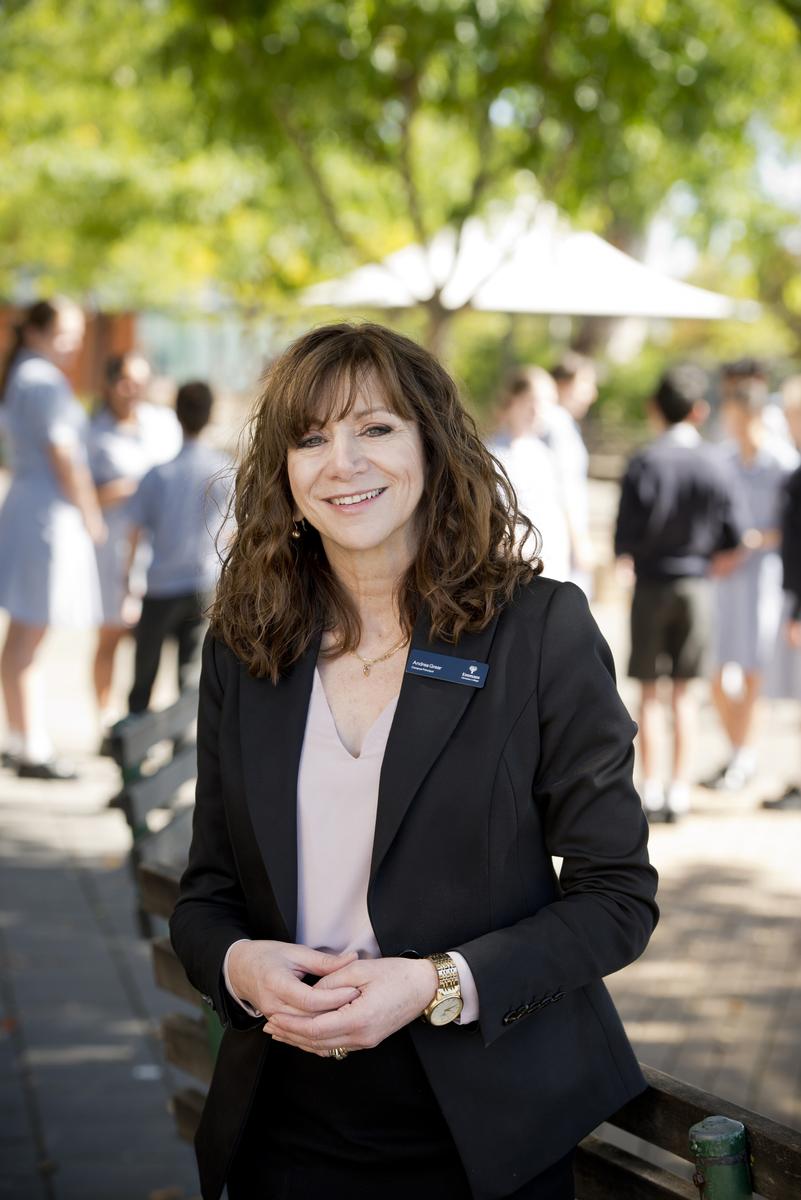From the Principal, Secondary School
Praying through it all.

From the Principal, Secondary School
Praying through it all.


I have been inspired by a book given to me this year called Praying like Monks, Living like Fools by Tyler Staton. It is about prayer, obviously, and the awesome gift that this is for our lives, for my life. Nothing is startling there. It outlines the nature of prayer - how it is vital, sustaining and a powerful connection to God. Also, nothing I didn’t already know. However, what I read has influenced me and given me such a sense of hope that I want to share.
Can you count how many prayers have been answered?
How many prayers have not been answered?
What about all the times we don’t know, or will never know if prayer is answered?
Or are we surprised when our prayers are answered? I certainly am.
Maybe I am not really brave enough to believe that God does hear me, that the God of creation notices me, that I could count as being seen, or that my prayers are worthy enough. Is it just too hard to comprehend?
Staton asks an interesting question or two: ‘As time passes and your lack of control becomes more apparent, are you growing in resilience or anxiety?’
Are your prayers more entitled demands insisting on deliverance from circumstances that don’t match your plans?
Or are your prayers apathetic mumblings acting out a spiritual drama in which you believe you don’t have a consequential, participatory role?
Challenging questions. Uncomfortable ones. They rang a little too true for me.
If we are honest with ourselves, is our prayer life a bit hit and miss? I try really hard to get up early to walk and pray - only once last week did I manage to do so. At the end of the day, I try to pray, and I fall asleep - falling asleep is my superpower.
I have longish bouts of prayer when something goes wrong, but not when life is humming along nicely. We often think of prayer as a last resort.
Well, Staton has changed my thinking. Action may still be lagging behind, but I am inspired to grasp the reality that prayer is communication with God, the intimacy that prayer provides is the spiritual gift of love He has given me. I have gone to God with my requests; some are answered, some are painful and for some, shame is the outcome.
Yet what if we really seek him for a relationship? We want to see him face to face. Most amazingly - God wants this relationship with us through prayer.
Staton writes that in the face of Christ, we will ‘discover the hospitality of God’ and that the ‘greatest scandal of all is that Jesus brought prayer too close, made God too accessible. Prayer does not emerge from knowing our needs but from knowing God’s heart.’ What is stopping us?
However, we are human, and there is a good chance that just like my getting up at an early hour, inspiration to pray for people like this wears thin in the ordinariness of everyday life.
Staton writes that ‘even the most resolute willpower is a depleted resource’.
Prayer for the lost feels so very slow. Staton suggests that we also need to pray for renewed faith that God is actually listening or for renewed compassion for the people we choose to pray for.
This is labouring prayer, and in this process, the reminder is prayer is often about a need, but it will end in a relationship. And relationship keeps us there.
But it is hard, and not very exciting at times. So hard to trust when there are no answers. Staton explains this beautifully by saying that Jesus reveals a God who is ‘offensively human’.
A God who knows the overwhelming nature of suffering in a fallen world.
A God who miraculously healed a leper only to go on living in a world full of leper colonies.
A God who displays healing power and also chooses personal suffering as the means to final healing.
Parker Palmer explains that ‘the deeper our faith, the more doubt we must endure, the deeper our hope, the more prone we are to despair; the deeper our love, the more pain this loss will bring: these are a few of the paradoxes we must hold as human beings. If we refuse to hold them in the hopes of living without doubt, despair and pain, we also find ourselves living without hope, faith and love.’
Can we choose trust in the face of unanswered prayer?
Can we trust that God is good, that God is present in our suffering and that God will make all things new?
Can we trust that prayer is vital in our journey and we do communicate with our God?
Can we believe that God wants prayer in all its forms from us?
We will never understand everything about God, but we can embrace the mystery of who He is.
And the God who was and is revealed in Jesus, who participates in suffering personally.
It is a defiant and courageous choice to trust in the face of the dark night of the soul.
In God’s absence or silence, I want to choose to trust, but I am so scared of what this means.
And if I choose to trust I don’t think I am strong enough to manage.
But God is.
And prayer is my pathway to building hope and trust in God.
Andrea Grear
Principal, Secondary - South Plympton